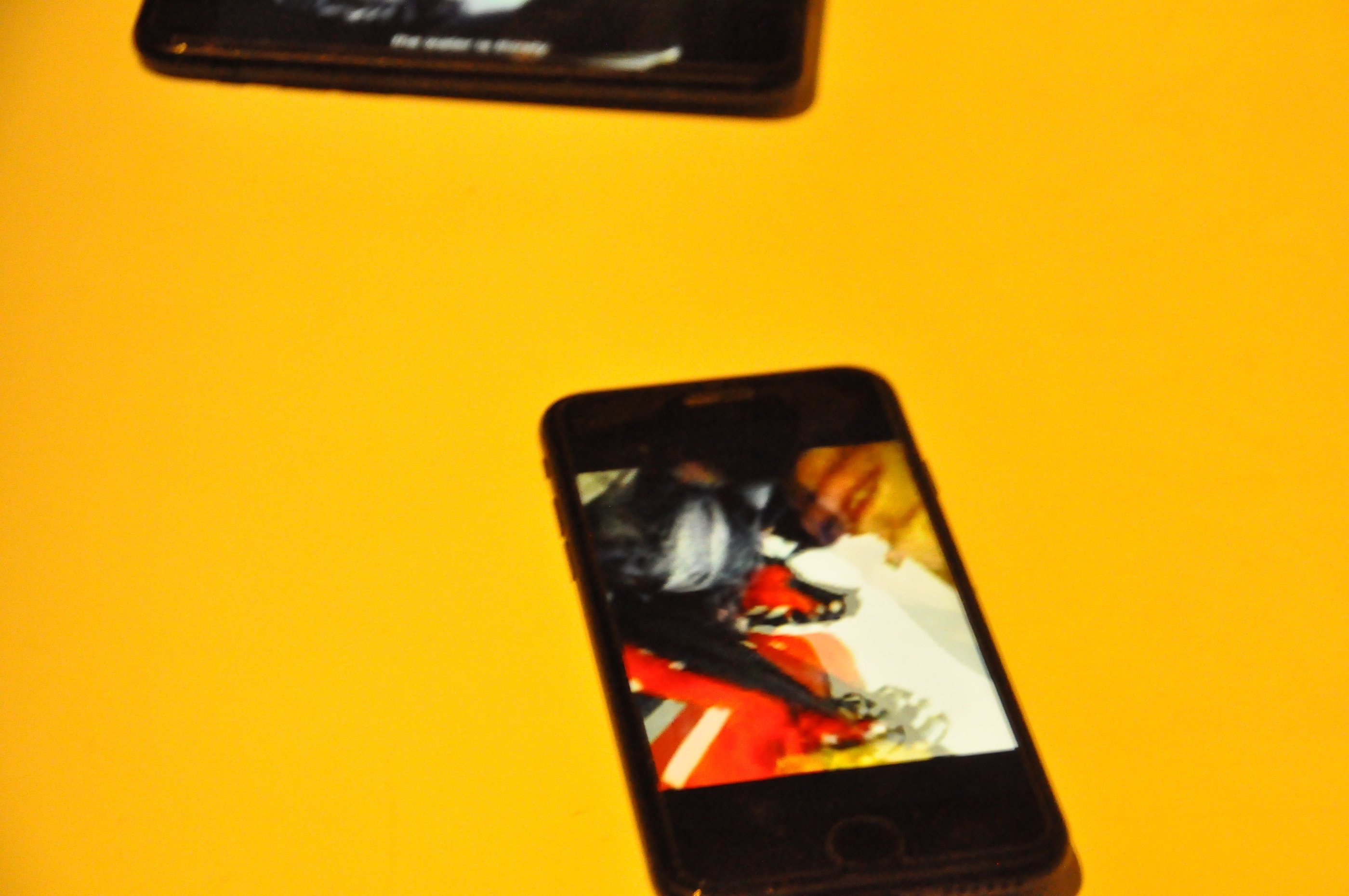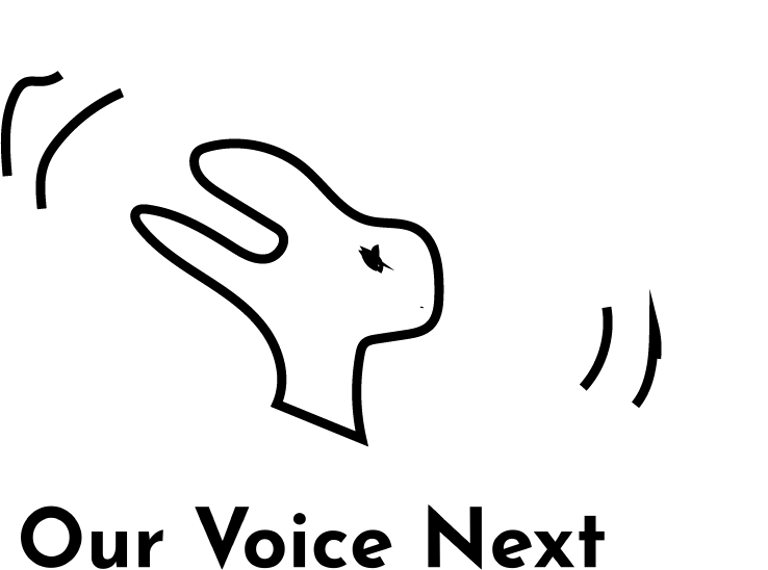Today's Fight for Social Justice
As the world is changing, so do our way of communicating. Our daily conversations are moving to social media sites and in quick succession so does our fight for a fair society.


We are more connected to others than we've ever been before. In our phones we hold a potential link to billions of people. I believe that this can be used to improve the world we live in. We can create communities and spread information that goes against the common opinions and allow for a greater variety of political opinions to be heard. I believe that social media can unite people against social injustice.
One big benefit of social media is its ability to connect people with similar beliefs even when those beliefs are held by relatively few people in a specific area. I believe this can be very helpful in newly started social justice movements since it makes it possible to find others and share ideas and dreams even when very few seem to agree. These connections and the knowledge that you're not alone can be important to keep the energy you need to push for real change. Having a community also makes it easier to organize protests and events offline since you can learn from others’ with more experiences and ask for advice.
In the recent ban on social media in Nepal this ability to form communities was being taken away from people. In the protests and uprising that followed, social media functioned as the motivator while the social media platforms themselves were a vital tool for the organization and mobilization of protestors. In a recent article by the BBC
they interviewed protesters against Nepal's social media ban who explained why they were there. One protestor said "The social media ban was just the reason they gathered". The protestor went on to explain that most of the protestors saw that the larger issue was the government's corruption. To me, this shows how symbolic social media can become, in this case it was a symbol for free speech that was being taken away. The social media ban itself was never the real issue; it was just the final straw for a generation that already felt cheated and betrayed by their own government.
On the other hand, it can be hard to know why social media bans and restrictions start. It could be an attempt to shut down the voices that the leaders don't agree with or it could be a well-meaning attempt to hinder the spread of fake news. In an online world that moves faster than anyone can keep up with, it is insanely hard to control the spread of fake news. As language evolves and slang is created it can also become harder to differentiate violent ideologies from oppositional opinions. I don't think that the correct response to this is to limit social media itself since it can seriously harm our ability to connect with others. I would argue that the better choice is to push for education to make sure people are aware of how rampant fake news is and urge people to check their sources when taking information from the internet. This in addition to more education on human rights and how they've been won and lost in history would help people to navigate the political landscape of social media. While it is far from a perfect solution, by doing it this way we don't take away the ability to fight against corruption with the help of social media.
The recent events in Nepal are not the first time social media have been a tool to fight against corruption and authoritarianism. By spreading information that isn't in line with the government's politics or ideals it can make people aware of flaws in their own countries. In an article by the Cambridge University Press they reviewed data from the Russian 2011-2012 election cycle and compared it to social media use. They found that being on a politicized social media platform increased individuals' political awareness and raised the chances for anti-regime sentiments and action. They also found that platforms that were "native" to the area did not have the same effect. This could be caused by the government having a larger control on those platforms. I think this is why the proposed system in Nepal of needing social media platforms to register with the government created the outrage it did. People are afraid that a registration system would cause increased monitoring of the content and lead to less freedom on the platforms.
I believe that social media can be one important piece of the puzzle to organize and connect in today's digital society. We can't forget the dangers but we can also not ignore the benefits and the incredible opportunities it can give us. I therefore want to urge you to use social media for good. Be kind to others, find people you agree with but push to understand other's opinions as well. I also want to ask you to not be content with a purely online social justice movement, use the community and information you gather online and take it offline. Make sure everyone hears; make sure you take action in the real world.
-
The world is feeling closer
then it ever have before
The suffering is here now
there's fighting at the shore
The fairness we were promised
the safety we were sworn
is getting farther everyday
its hard to now restore
Our friends were lost in hope of peace
in violence and in blood
But as our numbers takes the
street then peace we might soon reach
The only choice, the only turn is fighting evermore.
Eden Mattsson
